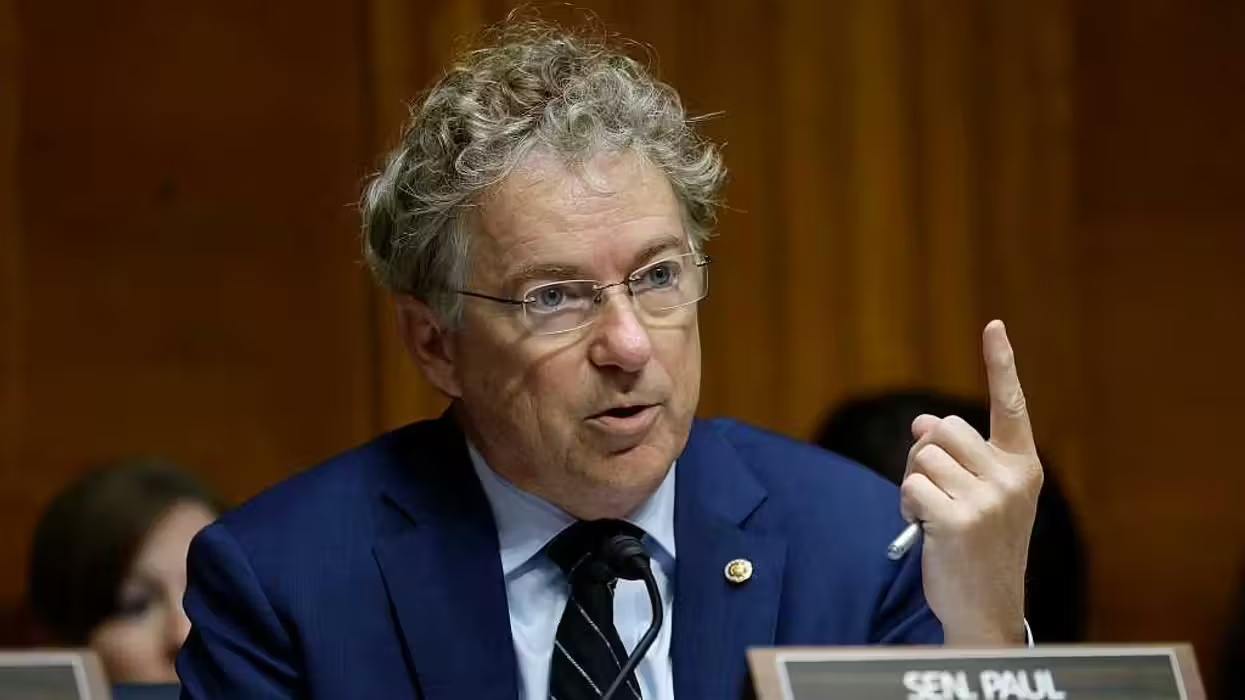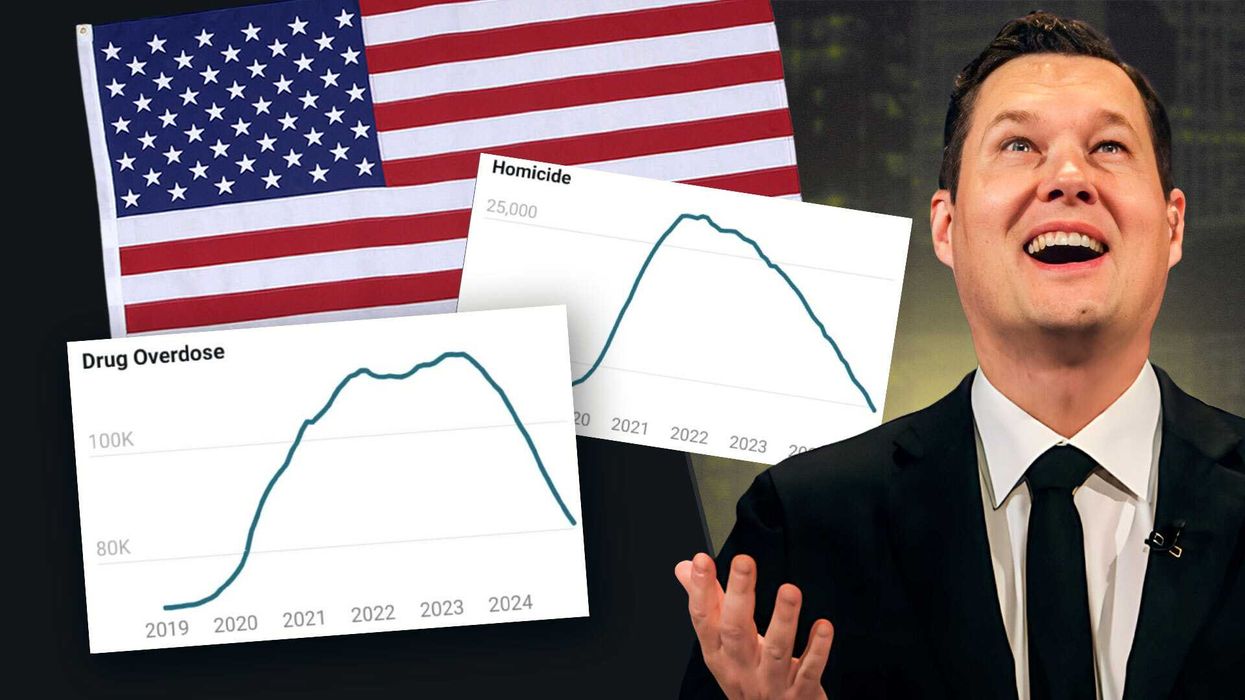Venezuela's inflation is expected to reach 1.37 million percent by the end of 2018, according to the International Monetary Fund. This is even higher than the 1 million percent that the IMF had initially predicted in July, and 100 times higher than its estimate of 13,000 percent from January.
Here's what you need to know
The IMF now predicts that consumer prices will increase by 10 million percent in 2019. Bloomberg reported, that inflation has risen 340,000 percent in the past six months, based on the price of a cup of coffee at a bakery in Caracas (which the outlet has been using as an economic indicator).
Venezuela's central bank stopped publishing economic information three years ago, after the situation began to spiral out of control. Because of this, outside sources have had to rely on opposition legislators supplying them with information, or on monitoring the increase in prices of consumer goods.
Venezuela's gross domestic product is also expected to shrink by 18 percent this year.
In a misguided effort to fix his nation's currency problems, President Nicolás Maduro removed five zeros from the Venezuelan bolivar. Not surprisingly, this did not help the situation.
Maduro also tried to stabilize the bolivar by backing it to a cryptocurrency called the "petro." International investors, however, have been hesitant to invest in a cryptocurrency backed by such an unstable government.
What caused Venezuela's economic problems?
Venezuela's troubles are partly caused by a drop in international oil prices. Its economy had been largely based on oil exports.
These problems have been exacerbated by the socialist policies of Maduro and his predecessor, Hugo Chávez, which have prevented the economy from course correcting on its own. According to the CIA World Factbook, even now oil prices “account for almost all export earnings and nearly half of the government’s revenue.”
In August, Maduro finally admitted that his economic policies had not helped Venezuela's economy.
“The production models we’ve tried so far have failed and the responsibility is ours, mine and yours,” he told the Congress of Venezuela's ruling United Socialist Party. “No more whining. I want solutions comrades!” However, so far no solutions have been forthcoming and the situation continues to worsen.







